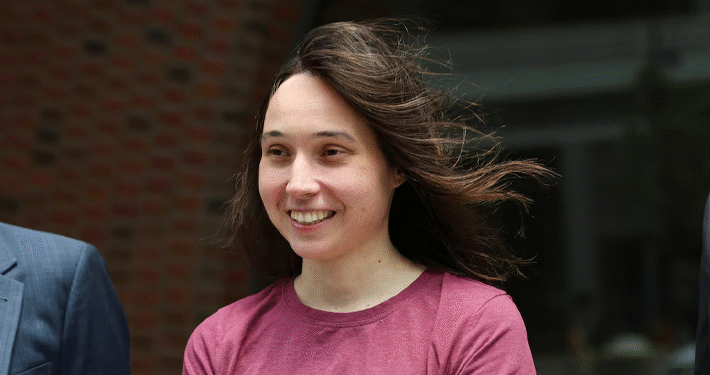On Thursday, a federal court in Boston granted bail to Kseniia Petrova, a Russian citizen arrested on 16 February after customs officials discovered undeclared frog embryos and embryonic samples in her luggage.
Customs and Border Protection agents apprehended Ms Petrova as she returned from France, having attempted to enter the U.S. without the required clearance for the biological materials she possessed.
The Russian scientist was a researcher at Harvard’s Kirschner Lab, which is esteemed for its cell and developmental research, including cancer-related studies.
The situation intensified when the Justice Department charged her with one count of smuggling items into the U.S. in May, indicating that she initially denied the presence of frog embryos in her luggage before eventually admitting to the charges.
Ms Petrova’s assertions that this was her first journey with biological materials were disregarded, as agents disclosed they had found a text on her mobile from a Harvard colleague advising her to declare the samples.
“Having no prior experience transporting biological samples,” Ms Petrova’s solicitor contended, “she was not aware of U.S. customs requirements regarding these samples. She merely placed the samples in her luggage and failed to declare them to CBP when entering.”
Prosecutors refuted her defence with text messages from her colleague urging her to secure the government’s “permission” to bring in the clawed frog embryos.
“If you bring back samples or antibodies, ensure you obtain the necessary permission etc. Like that link I sent to Leon/group chat about frog embryos because TSA checked my bags at customs in Boston,” prosecutors cited from a message on Ms Petrova’s phone.
The Russian scientist insisted that the samples were “non-hazardous, non-infectious, and non-toxic.”
Regardless, CBP agents kept Ms Petrova in detention for four months and revoked her visa, enabling Immigration and Customs Enforcement agents to transfer her initially to a facility in Vermont and subsequently to a second facility in Louisiana.
“It is hard to comprehend why someone like Kseniia had to endure four months in jail. She poses no threat and has strong connections to her community,” stated Gregory Romanovsky, Ms Petrova’s solicitor, in a statement to CBS on Thursday.











